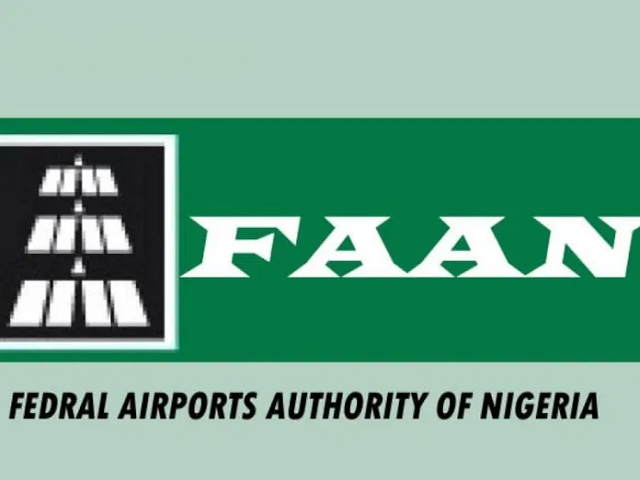A release of the Cisco Visual Networking Index Complete Forecast for 2015 to 2020 has shown that Nigeria’s Internet Protocol traffic will grow six-fold and fixed broadband speed will increase 2.4 fold with an average mobile speed connection of 5Mbps.
Findings from the CVN study showed that increased connectivity and internet usage would “positively” impact Nigeria’s digital migration journey.
It stated that global digitisation transformation, based on the adoption of personal devices and deployment of machine-to-machine connections, will have an even greater impact on traffic growth.
According to it, over the next five years, global IP networks will support up to 10 billion new devices and connections, increasing from 16.3 billion in 2015 to 26.3 billion by 2020.
“Within Africa, a renowned mobile-centric hub, there will be approximately one to five networked devices per capita in 2020, 77 per cent of which will be mobile-connected,” the report added.
Industry observers have said that advancements in the Internet of Things are continuing to drive IP traffic and tangible growth in the market.
Applications such as video surveillance, smart meters, digital health monitors and a host of other M2M services are creating new network requirements and incremental traffic increases.
Globally, M2M connections are calculated to grow nearly three-fold from 4.9 billion in 2015 to 12.2 billion by 2020, representing nearly half (46 per cent) of total connected devices. Within Africa, M2M modules will account for 22 per cent of all networked devices by 2020.
Checks have showed that video services and content continue to be the dominant leader compared with all other applications.
“Internet video will account for 79 per cent of global Internet traffic by 2020 – up from 63 per cent in 2015.”
“The world will reach three trillion Internet video minutes per month by 2020, which is five million years of video per month, or about one million video minutes every second.”
“High Definition and ultra HD Internet video will make up 82 per cent of Internet video traffic by 2020 – up from 53 per cent in 2015,” Cisco said in a report.
With the growing dependence on mobile and fixed broadband networks, security concerns are growing among service providers, governments, businesses and consumers.
For the first time in a forecast, Cisco collaborated with Arbor Networks to help quantify the current and future threats of Distributed Denial of Service attacks.
DDoS incidents can paralyse networks by flooding servers and network devices with traffic from multiple IP sources.
The new DDoS analysis suggests that these types of breaches can represent up to 10 per cent of a country’s total Internet traffic while they are occurring.
Over the next five years, DDoS attacks are projected to increase from 6.6 million to 17 million. These initial findings underscore the need for more comprehensive security measures to protect data and reduce network exposure to such risks.
“The digital transformation is happening now for billions of consumers and business users across the globe,” the General Manager for Cisco Nigeria, Olakunle Oloruntimehin, said.
“Innovation is imperative for Cisco and its service provider customers to deliver scalable, secure, high-quality services and experiences over all types of broadband network infrastructure,” he added.













